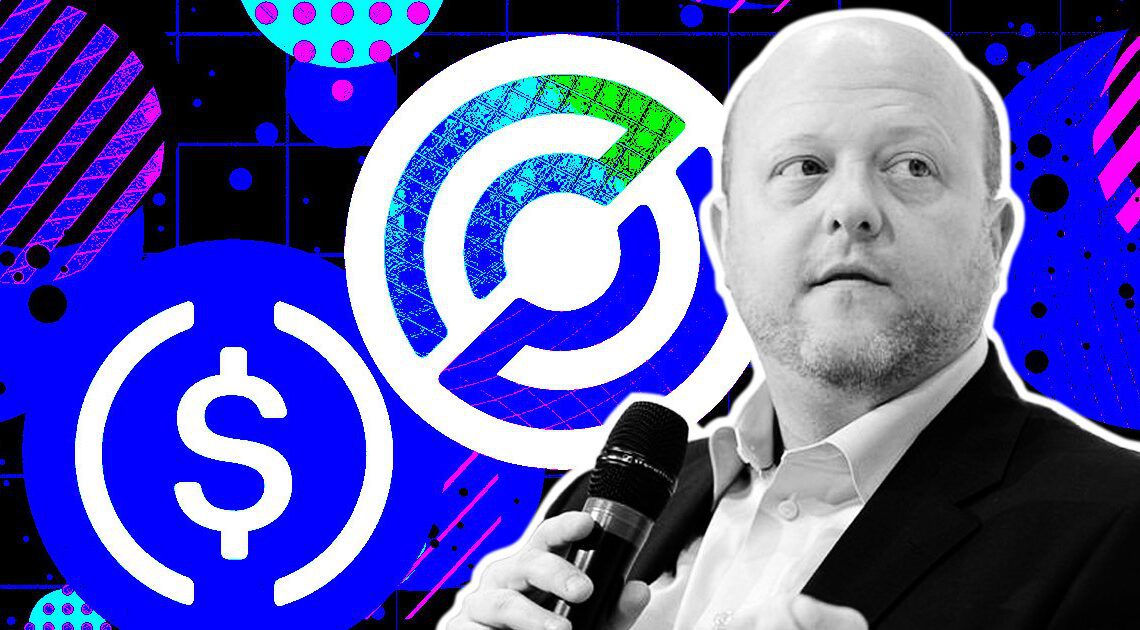Founder of the Daily Gwei newsletter, Anthony Sassano, claims that USDC accounts can be blocked.
Expanding further, Sassano said USDC issuer Circle can freeze the tokens “in any address at any time for whatever reason.” He added that this is the risk associated with using any centralized service.
A lot of people are learning about the USDC blacklist function today.
To clear things up: Circle (the issuer of USDC) can freeze USDC in any address at any time for whatever reason.
This is the risk of using centralized stablecoins – just like using any centralized service.
— sassal.eth 🦇🔊🐼 (@sassal0x) June 18, 2022
Circle CEO and co-founder Jeremy Allaire responded by calling Sasson’s claims inaccurate and unhelpful FUD while linking a blog article posted in May, titled, “Why developers can trust USDC.”
Not accurate, not helpful FUD. Read more. https://t.co/lre6bebUFX
— Jeremy Allaire (@jerallaire) June 18, 2022
Stablecoins under fire
Recent events in the crypto space have put the spotlight firmly on stablecoins. In particular, the UST implosion, which collapsed 98% in value from its dollar price before being abandoned, sent shockwaves across the entire digital asset industry.
Since then, a spate of de-pegs, albeit not to the same extreme as UST, have investors nervous over the soundness of stablecoins in general.
This has been noted by mainstream publications, with the FT’s Hilary Allen, a professor at the American University Washington College of Law, going as far as questioning whether stablecoins should exist at all.
Similarly, the Bank for International Settlements (BIS) recently launched an “Innovation Hub,” which encompasses several projects that intend to explore cyber security. The press release states that the cryptocurrency market intelligence platform element directly responds to mitigating stablecoin and DeFi risk.
“The collapse of many stablecoins and…
Click Here to Read the Full Original Article at Ethereum – CryptoSlate…
























